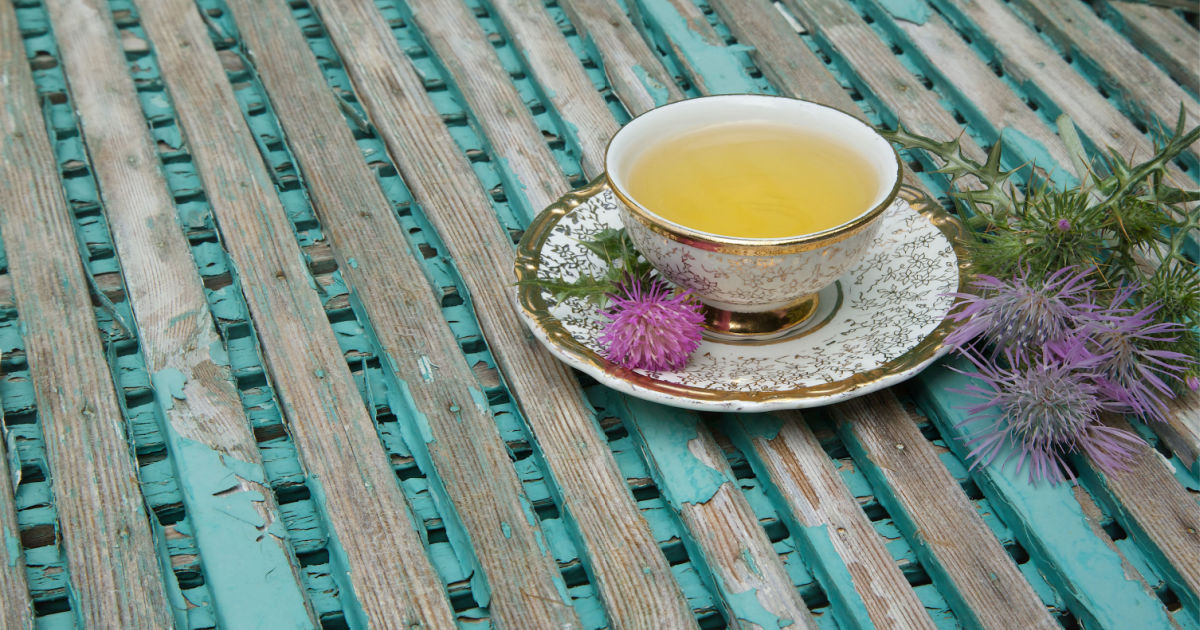No magic potion or hidden fountain of youth exists, but studies suggest that diet plays a significant role in longevity. Dan Buettner, a National Geographic Fellow, bestselling author, and the founder of the Blue Zones, supports this claim through his extensive research. The Blue Zones, as identified by Buettner and his team, include five areas worldwide: Nicoya, Costa Rica; Ikaria, Greece; Sardinia, Italy; Okinawa, Japan; and Loma Linda, California. These regions are believed to house the longest-living populations. Unsurprisingly, tea drinking forms a crucial part of their diets, contributing to their extended lifespans.
Tea’s health benefits have been extensively documented. Numerous studies have revealed its ability to support bone and brain health, particularly as one ages. For instance, research supports that consuming at least two cups of black tea daily correlates with prolonged life expectancy. This guide will elaborate on the three most common teas consumed in the Blue Zones, as revealed by Buettner.
Top 3 Longevity-Boosting Teas Inspired by Blue Zones
- Green Tea: In Okinawa, Japan, residents frequently enjoy green tea, known for its heart disease and cancer-fighting properties. Green tea is enriched with flavanols, antioxidants that can lower LDL cholesterol and enhance cardiovascular health. Other beneficial compounds include catechins, which combat free radicals, and L-theanine, an amino acid that may improve mood and cognitive function. Butterfly pea flower tea is another antioxidant-rich alternative.
- Herbal Teas: In Ikaria, Greece, local herbs are often used to brew teas, contributing to the rarity of chronic illnesses like dementia. The Ikarians’ diet also comprises beans, wild greens, olive oil, lemons, and potatoes. Some common herbal teas include mint for preventing gingivitis and ulcers, rosemary for treating gout, and artemisia for blood circulation. Laboratory testing of these teas revealed antioxidant properties and mild diuretic effects, aiding in waste elimination and blood pressure regulation.
- Milk Thistle Tea: In Sardinia, Italy, milk thistle tea is favored for its ability to aid digestion, store essential nutrients, and eliminate toxins. This herb is also linked to cancer prevention, inflammation reduction, heart protection, and liver health maintenance. Studies further suggest that milk thistle extracts can control chronic liver diseases.
Tea Consumption and Longevity Statistics
According to the Tea Association of the USA, as of 2021, about 84% of the US population drinks tea. Global data shows that Turkey, Ireland, and the United Kingdom have the highest tea consumption per capita, indicating a worldwide embrace of this beverage.
Buettner’s Blue Zones, recognized as longevity hotspots, house only 0.0001% of the world population. However, these regions have an impressively high number of centenarians, with Okinawa, Japan, leading the pack. Research suggests that this could be due to factors such as diet, physical activity, psychosocial aspects, and genetic traits.
Additional Factors Contributing to Longevity
While tea plays a significant role, other factors contribute to increased longevity, such as:
- Balanced Diet: Consumption of a nutrient-rich diet, including whole foods, fruits, vegetables, lean proteins, healthy fats, and legumes, plays a significant role in enhancing life expectancy.
- Physical Activity: Regular physical exercise, such as walking, cycling, swimming, and even gardening, contributes to cardiovascular health, muscle strength, and overall well-being.
- Healthy Social Connections: Robust social networks, close family ties, and strong community bonds have been identified as key components of a long and fulfilling life.
- Mental Health Maintenance: Practices like meditation, yoga, and mindfulness contribute significantly to stress reduction and overall mental well-being.
- Preventive Healthcare: Regular health check-ups and vaccinations can help prevent or manage chronic diseases, enhancing overall health and life expectancy.
The Final Steep: Achieving Longevity with Tea
The incorporation of tea into our daily habits can be a delightful and health-enhancing practice, as evidenced by the longest-living people in the world. However, remember that while tea can be a beneficial addition to a healthy lifestyle, it’s just one part of the longevity equation. Along with tea, a balanced diet, regular physical activity, healthy social connections, and proper mental health maintenance are vital for a long and fulfilling life. It’s about making small, sustainable changes that lead to a holistic, healthier lifestyle. Sip your way to longevity and embrace the art of living well.
Keep Reading: 7 Teas That Help Reduce Inflammation In The Body

